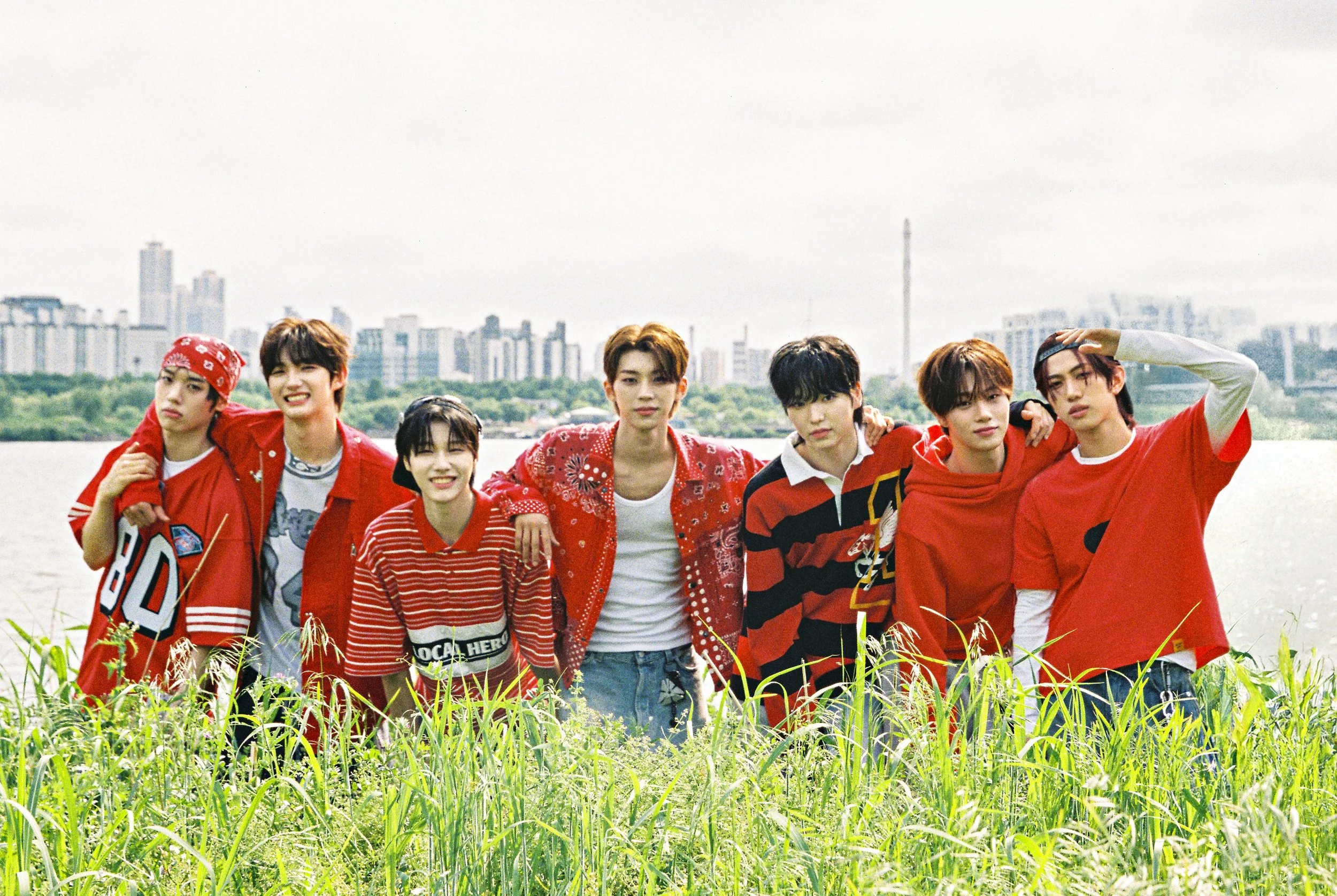Emma Harner is Establishing Boundaries with Her Latest Project, 'Taking My Side'
With the release of her debut EP Taking My Side, rising singer-songwriter and guitarist Emma Harner makes it clear that she’s building a unique sound—and establishing boundaries. Known for blending the emotional immediacy of folk with the intricacy of math rock, Harner has spent years carefully honing a sound that’s both intimate and technically rich—full of restless chord changes, poetic vulnerability, and a sense of self-awareness that feels well beyond her years.
And naturally, this new five-track project unfolds like a sonic coming-of-age. Across standout songs like the existential “Lifetimes,” the emotionally tangled “Do It,” and the quietly devastating closer “Again,” Harner navigates heartbreak, fractured friendships, homesickness, and the quiet rebellion of choosing yourself. The title, she explains, stems from the EP’s central track “Yes Man”—a song about confronting toxic dynamics, shedding people-pleasing habits, and learning to prioritize her own voice. It’s a moment of personal reckoning, but also one of release—a declaration of growth that ripples through every track.
So by the time it comes to a close, Taking My Side stands as a confident, emotionally resonant debut for an introspective artist.
This is technically your debut EP, but the songs feel lived-in—like they’ve been sitting with you for a while. Which track felt the hardest to let go of and release into the world?
Emma Harner: I’ve had these songs sitting around for a while! One of them was written three years ago. That one is the last on the track list: “Again.” It’s the rawest, most emotional track to me, and is definitely the hardest to let go into the world.
The name Taking My Side feels like it’s very telling about the album itself. Was there a moment that made you realize you needed to write from that place of self-protection or boundary-setting?
Emma Harner: Taking My Side is certainly about self-protection. After my move to the city, I found myself distanced from everyone I knew. This distance really allowed me to reflect and realize which relationships were serving me and which weren’t. The more I thought about some specific friendships in my life, the more I realized that I wasn’t putting myself first ever! The song “Yes Man” is about that whole journey.
Each track paints such a specific emotional scene—like the low buzz of homesickness in “False Alarm” or the tension in “Do It.” Are you someone who writes during the moment, or do you need space to process before the songs come?
Emma Harner: Most of the time, I am writing as a tool to process my emotions. This means that my songs often explore emotions I haven’t fully felt yet, and that’s definitely true of the songs on this EP. Songwriting as a tool has helped me to accept some pretty hard truths as I dig up words and feelings from my unconscious mind and bring them to light. When I listen back to the songs on this EP with the benefit of hindsight, it’s clear to me what I was missing and how I was going to grow and change—even though it wasn’t clear at the moment.
Your skills as a guitarist feel very distinctive, and they really add an extra layer of raw emotion to your music. How did that style develop? Were there artists or genres that helped shape the way you approach your instrument?
Emma Harner: My first instrument was the violin, and I think my approach to guitar parallels that instrument in that I am always looking for melody lines and am quite focused on technique. I have studied classical guitar as well, and that really influences my right-hand technique. Some artists that I take guitar inspiration from are Adrianne Lenker, Nick Drake, and Hikes—a really great math rock group.
You’ve opened for artists like Orla Gartland and mxmtoon, who also write personal, introspective music. What have those tours taught you about connecting with an audience (if anything)?
Emma Harner: On tour, I learned that people really respond when I loosen up and try to be myself. As a concert-goer, one of the things that I appreciate most is what happens between songs- the talking, chatting, and making the concert something extremely unique to that place and time. It’s always my goal to have fun on stage, because I’ve realized that when I prioritize that, the audience has a fun time too!
What’s something this EP helped you understand about yourself that maybe you didn’t know before you started writing it?
Emma Harner: Taking My Side has taught me how to write about things that aren’t heartbreak. This was a big hurdle for me, because after my last breakup, I was stuck writing songs about it for longer than I wanted. The process of writing this selection of songs was long for me, and lots of material got thrown out. However, it was through being selective with these songs that I was able to raise the bar of quality with my music!







